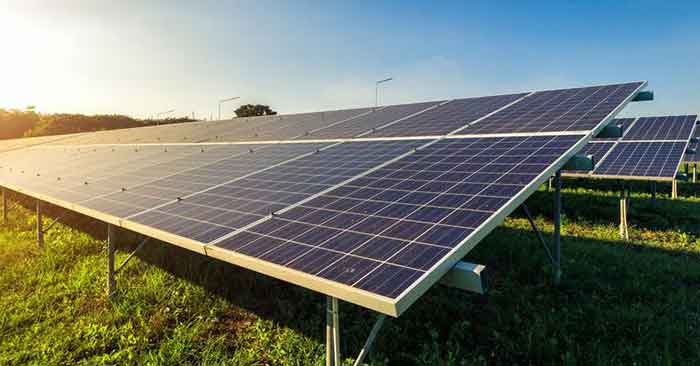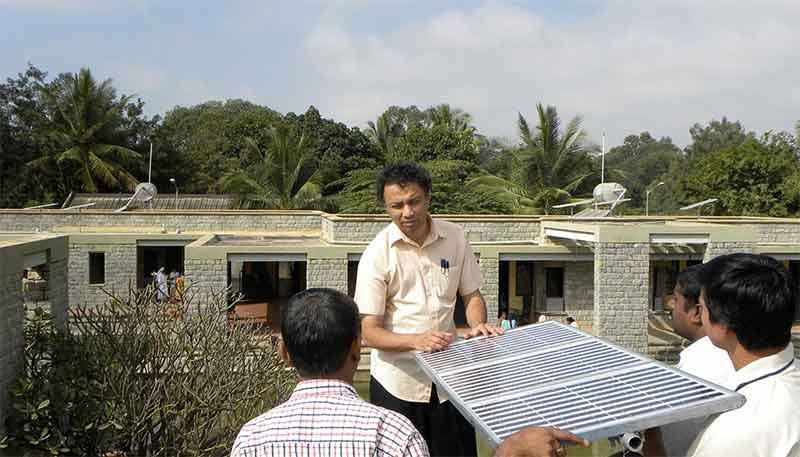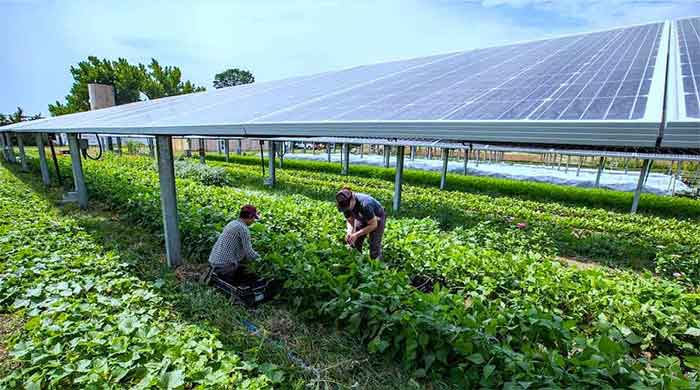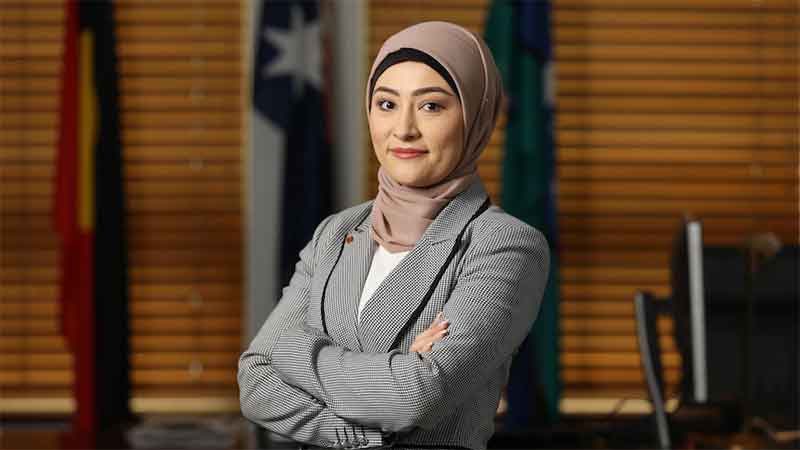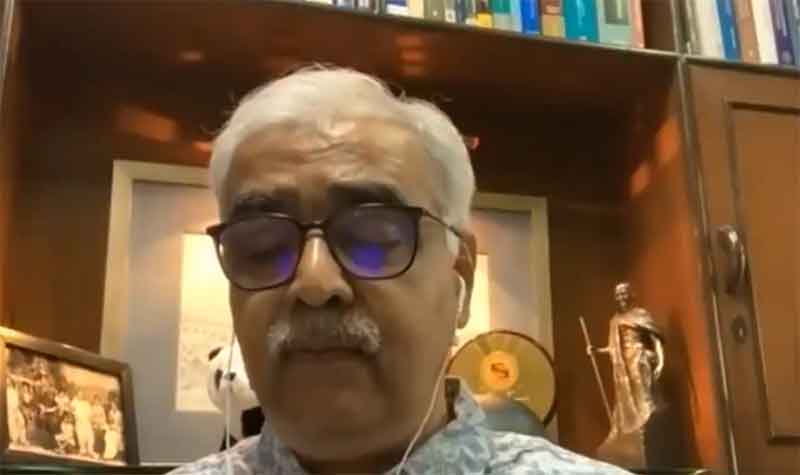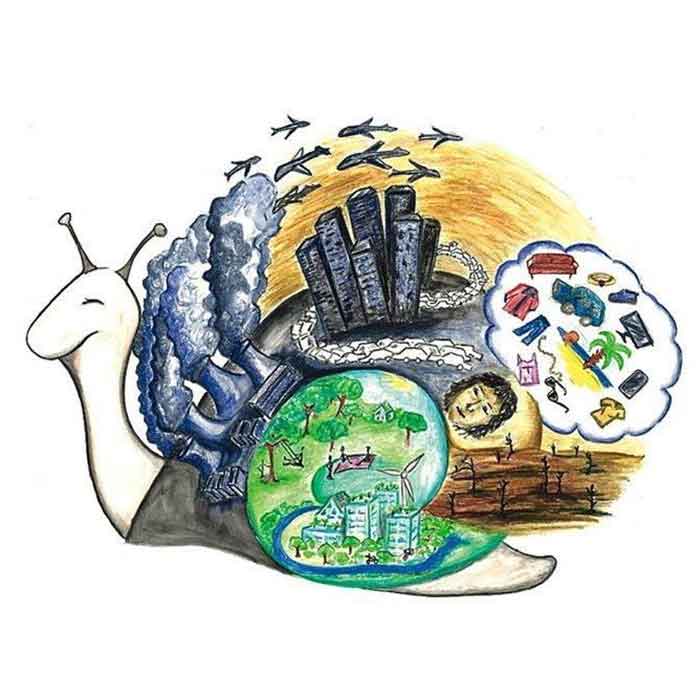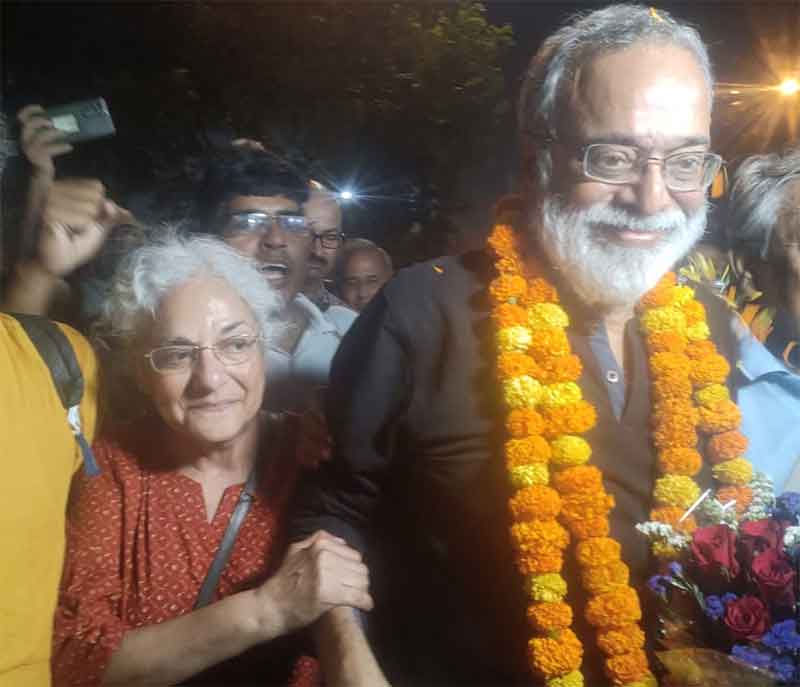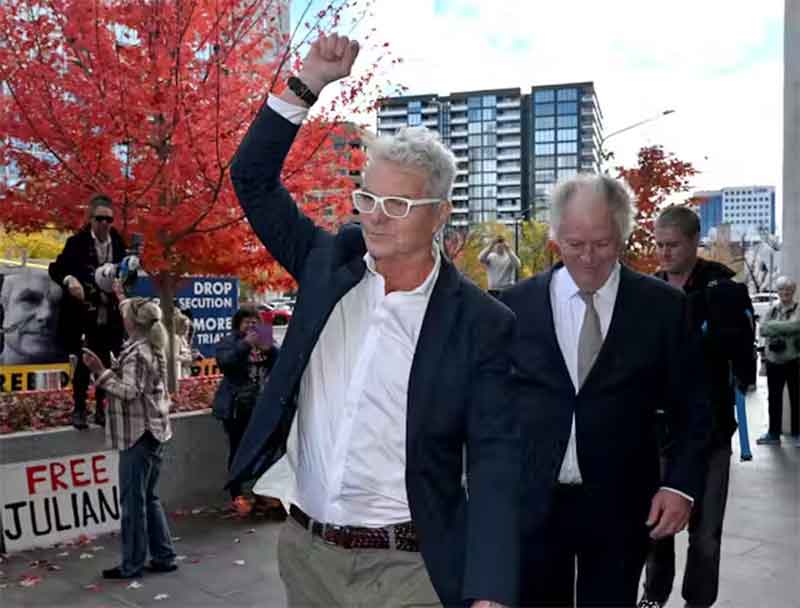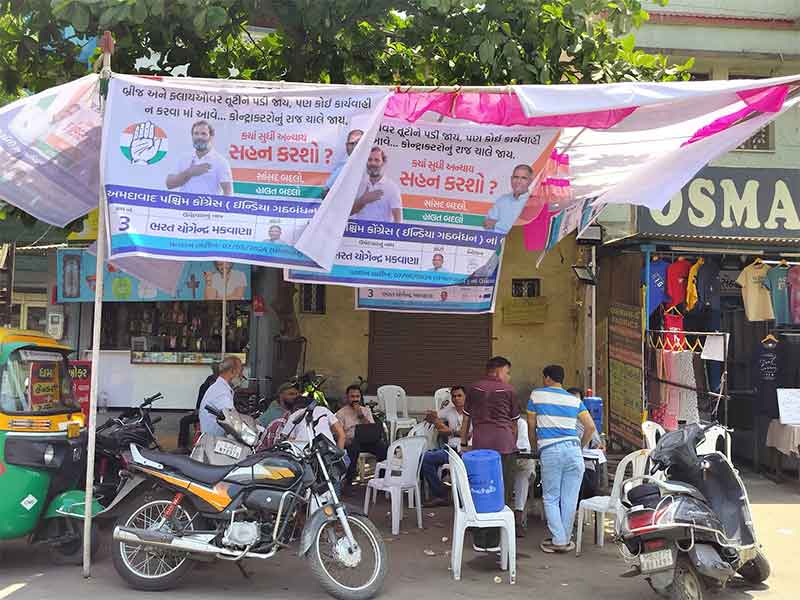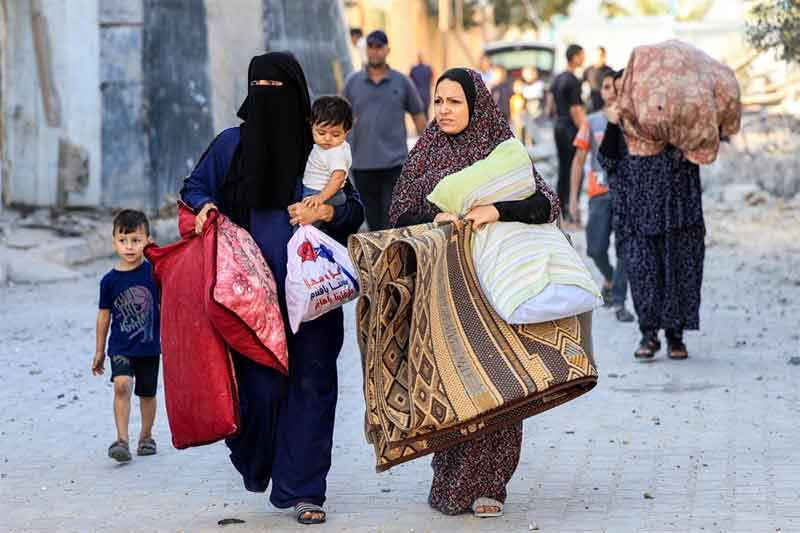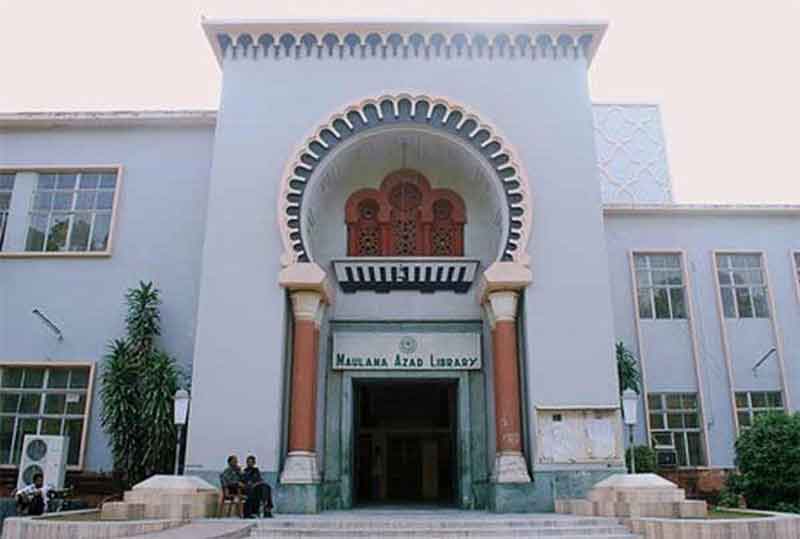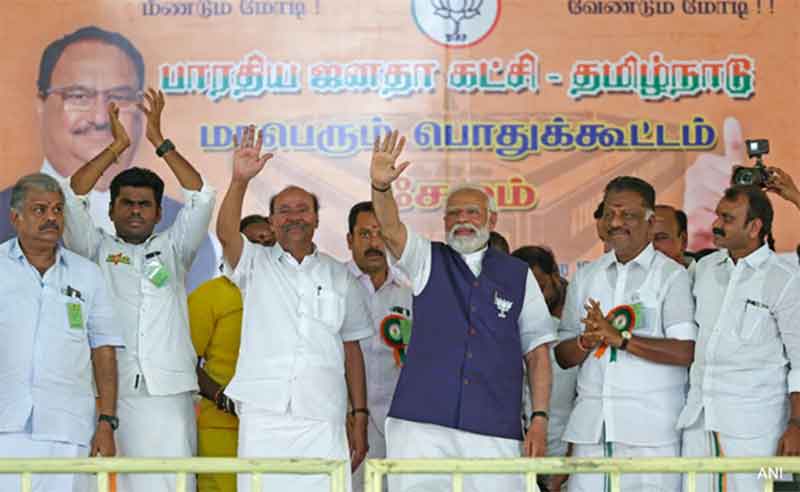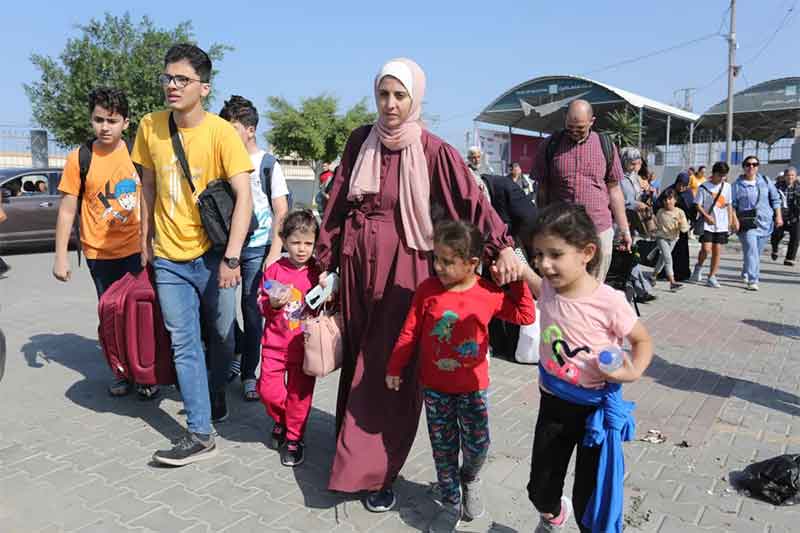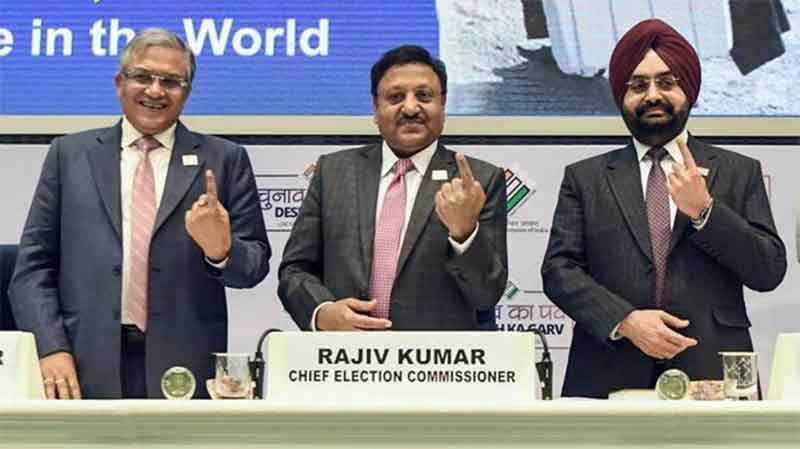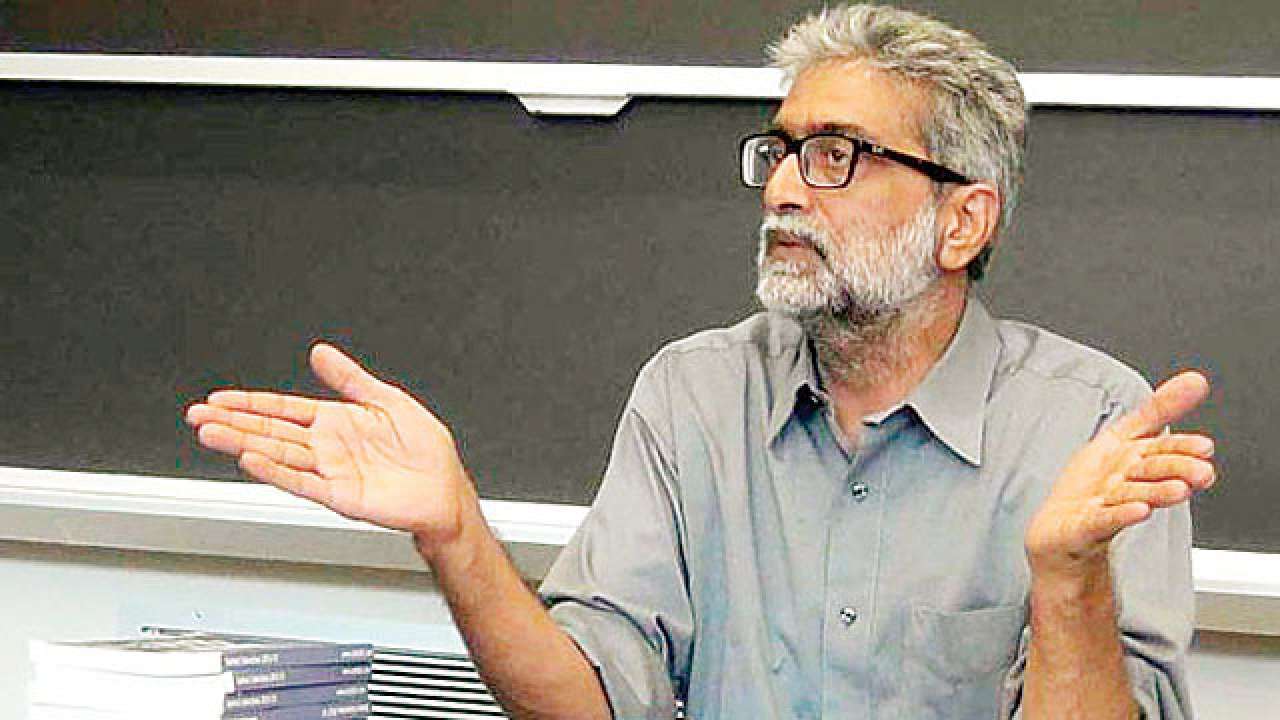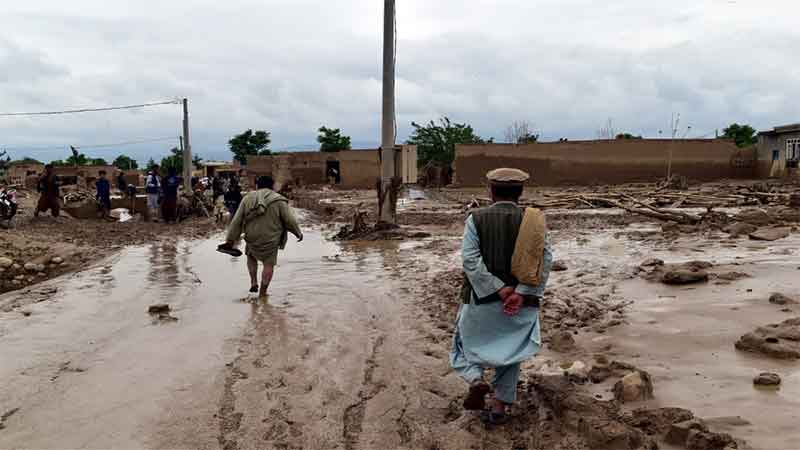The nonprofit Solar United Neighbors (SUN) is one group working to help communities move away from fossil fuels toward solar power.

In our time of climate crisis, there is an increasingly urgent need to quit using fossil fuels and adopt renewable energy sources.
“[T]he release of carbon dioxide (CO2) from burning fossil fuels is warming our planet faster than anything we have seen in the geological record,” notes a 2020 report by Brookings. A report by the International Renewable Energy Agency (IRENA) estimates that “90 percent of the world’s electricity can and should come from renewable energy by 2050,” points out the United Nations.
On Earth Day, celebrated on April 22, 2024, the Biden administration announced 60 recipients who received $7 billion in a solar power grant competition called the Solar for All program. The awardees were selected by the U.S. Environmental Protection Agency (EPA) and the program will help bring residential solar projects to more than 900,000 households in the U.S.
The nonprofit Solar United Neighbors (SUN) worked closely with 12 applicants of the Solar for All program and will continue the process with grant recipients as funds are dispersed. In an interview with me for the Independent Media Institute on April 26, SUN’s communications director, Ben Delman, said that it had been an “exciting week” as their organization put significant work into the Solar for All program. He says this will “infuse money to local governments to help expand solar access” to low-income communities.
“We’ve been working specifically on expanding solar access and helping low-income families go solar for about half a dozen years or more now. Developing a series of pilot project models has really served, I think, as proof of concept for what we’re going to end up seeing here down the road now,” he says.
SUN works to help communities around the U.S. move away from fossil fuels and toward solar power. They do so through public education and by establishing neighborhood-based cooperatives, which can help to bring the price of installing solar panels down significantly through group purchasing and negotiation support.
The project was started by two preteen friends who were moved to action after watching the documentary, “An Inconvenient Truth,” in 2007. Twelve-year-old Walter (the son of Anya Schoolman, SUN’s founder and executive director), and his friend of the same age, Diego, decided to go door to door in their neighborhood of Mt. Pleasant in Washington, D.C. In two weeks, the boys gathered about 50 neighbors together who also wanted to go solar. This was the foundation of Mt. Pleasant Solar Cooperative and the start of what would become SUN. From there, the kids—supported by Anya Schoolman—worked to get legislation passed to improve solar policies in the Washington, D.C., area.
The Mt. Pleasant Solar Cooperative started a MoveOn petition for legislation to require Washington’s primary utility company, the Potomac Electric Power Company, to use renewable power and support adding solar panels in the region. More than 2,000 Washington, D.C., residents signed the bill, which helped move it to a vote. It passed unanimously in 2011. Simultaneously while working on the legislation, the cooperative made an effort to spread the word about their fight for clean energy rights at the community level. “Soon after, other neighbors from across the region started organizing solar co-ops and fighting for better solar policies together,” the SUN’s website says. The organization has since expanded to areas across the U.S., with on-the-ground projects to help support communities to move to solar energy.
In 2023, for example, SUN established the Phoenix Metro Solar Co-op in Arizona, in an effort to educate residents about solar energy and teach them to bargain as a group in order to reduce the price of purchasing solar power.
“Imagine walking into a solar company’s office with 50 or 100 of your neighbors and saying, ‘We all want to get solar. What kind of deal can you give us?’” SUN’s website states.
SUN cooperatives also include a team that requests and reviews proposals from solar companies on a neighborhood’s behalf. Here’s how it works, according to the website: “First, Solar United Neighbors requests bids on your behalf. Then, a committee of your fellow co-op members meet to assess the pros and cons and select the best installer for the group.”
SUN has created a video to explain the benefits of joining a local solar cooperative, and how joining a solar co-op is “free, and open to anyone” in a given designated co-op area. The Phoenix Metro Co-op, for example, is available to residents in Maricopa County, San Tan Valley, and Queen Creek.
Solar cooperatives organized by SUN gather between 50 and 100 neighbors in a group to go solar together at a given time, supported by experts from SUN at each stage of the process.
Arizona in particular has the potential to lead the world down the path toward solar energy use and move away from fossil fuels, given its sunny weather. According to the U.S. Energy Information Administration’s state energy profile analysis of Arizona in 2022, it ranked second in the nation in solar energy potential (after Nevada). The state was found to be “one of the top five states in the nation in total solar-powered generating capacity from both utility- and small-scale installations, with more than 5,483 megawatts.”
Delman also shares that one of SUN’s focuses is on bringing solar access to rural areas, specifically via the Renewable Energy for America Program. This is a federal program run through the U.S. Department of Agriculture that provides both grants and loans to farms and rural small businesses wanting to adopt renewable energy systems.
“We’ve been coaching folks through that program,” he shares. “We’ve developed a series of guides and webinars to help folks with solar.”
Delman says another project SUN is enthusiastic about is their Solar Help Desk—launched in late 2023—which is a free service aimed at helping answer people’s solar-related questions. He says it’s designed for people who are “just starting to research solar, who may need help comparing proposals.” The service is also for people who have already gone solar and have “questions about their installer or something that’s not working right.”
“We’re able to coach folks through that process as well,” he says. “And I think as more people get interested in solar and want to learn about it, I think the desk is something that will be a really useful resource.”
Delman says there are many reasons people want to go solar—from saving money to using a clean energy source—and that the SUN has found that people are more likely to go solar if their neighbor or someone they know has gone solar. And, he says, often people who may like to go solar are unable to access it due to costs.
“In this business, we talk about this idea of ‘energy burden’—and all that really means is that oftentimes the folks who are the least well-resourced are paying more, or a higher percentage of their monthly income, on energy,” he says. “This is because, for instance, they’re often in housing stock that’s less efficient or they’re in areas where electricity is more expensive. By helping these families go solar we’re able to alleviate that energy burden so we’re excited for that opportunity as well.”
He says with the new federal funding through Solar for All, there is more hope to expand access to solar for people experiencing this energy burden.
April M. Short is an editor, journalist, and documentary editor and producer. She is a co-founder of the Observatory, where she is the Local Peace Economy editor, and she is a writing fellow at the Independent Media Institute. Previously, she was a managing editor at AlterNet as well as an award-winning senior staff writer for Good Times, a weekly newspaper in Santa Cruz, California. Her work has been published with the San Francisco Chronicle, In These Times, LA Yoga, the Conversation, Salon, and many other publications.
This article was produced by Local Peace Economy.

